Visiting the coldest reaches of Siberia in the depths of winter takes some preparation and I don’t just mean packing a thick coat. Temperatures in this part of Russia can fall so low that if you usually wear metal spectacles as I do, there’s a very real danger that they’ll freeze to your skin if you step outside. In just a few minutes, body parts feel numb even when cocooned in multiple layers of clothing. This is a part of the world where the kind of sub-zero temperatures that might be headline news in the UK are classed as mild and refreshing. But this is extreme Russia, a region where even Muscovites think it’s cold.
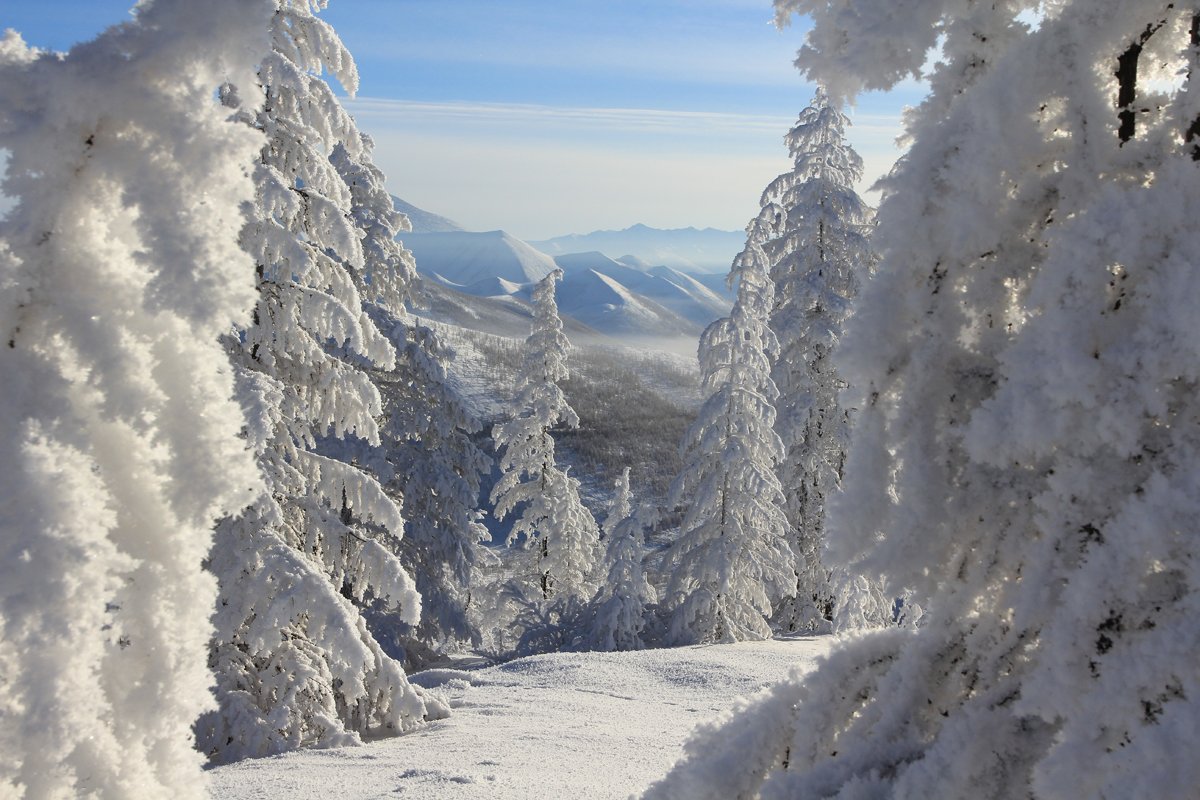
One such place is the city of Oimyakon It first entered my radar by way of a Channel 4 television programme presented by Oxford professor Nick Middleton, like me a geographer by training. His commentary about the extreme cold was as entertaining as it was informative. In the past, he said, digging graves deep enough to stop bodies springing from the ground once the thaw came was impossible, and corpses instead had to be wrapped and stored in the branches of trees until they could be dealt with properly. The cold is about as extreme as it gets here, and the town has the dubious honour of recording the lowest temperature of any permanently occupied settlement on the planet: -71.2°C. Even the local residents acknowledge that is cold.
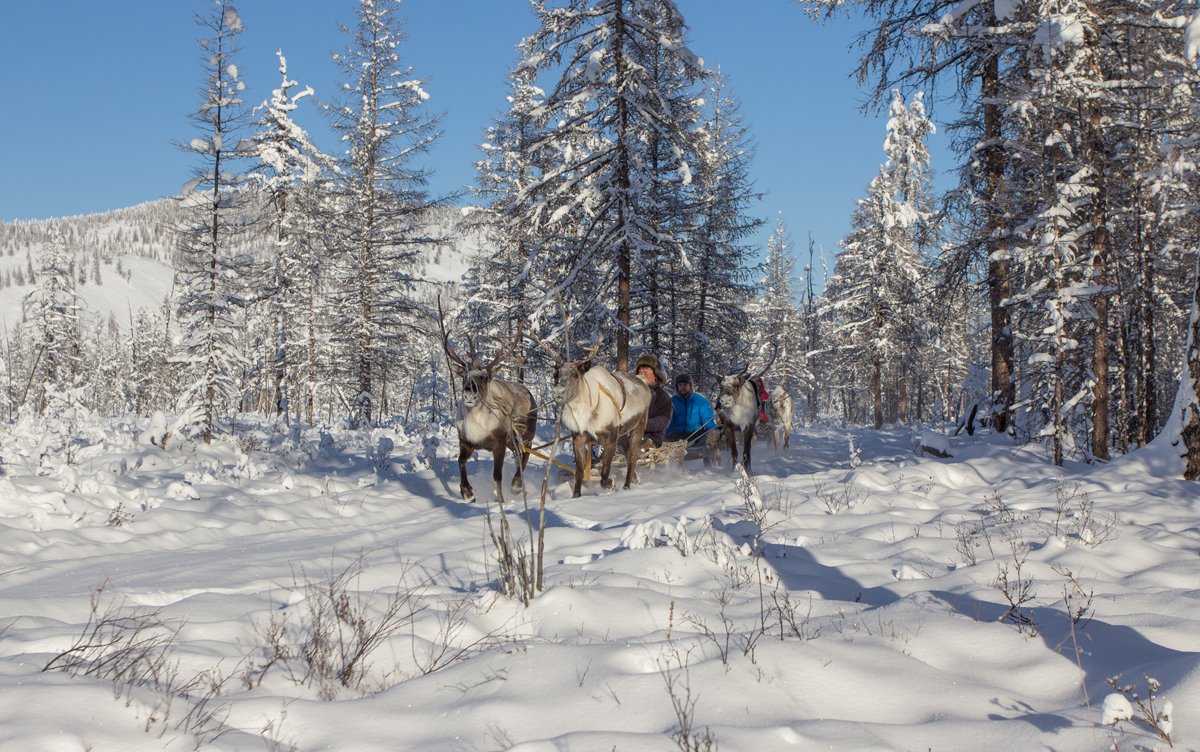
The mining town of Norilsk, in Russia’s far north, is cold too, but its vast reserves of copper, palladium and nickel provide a reason to live here for those who can handle it. They’re compensated by working conditions that guarantee them 90 days holiday a year and retirement at 45 years old. The city’s 170,000 residents endure long dark winters and industrial pollution in this, the second largest city above the Arctic Circle.

More pleasant, but colder than Norilsk is Yakutsk, the capital of the Sakha Republic and home to around 270,000 hardy souls. It’s positively balmy compared to Oimyakon: the lowest the temperature has ever plunged is to a mere −64.4 °C. This is the largest city in the world built on permafrost, the ground just a few metres below the surface remaining at just -8°C year-round, necessitating construction on stilts. There’s even a museum here dedicated to the subject of permafrost.
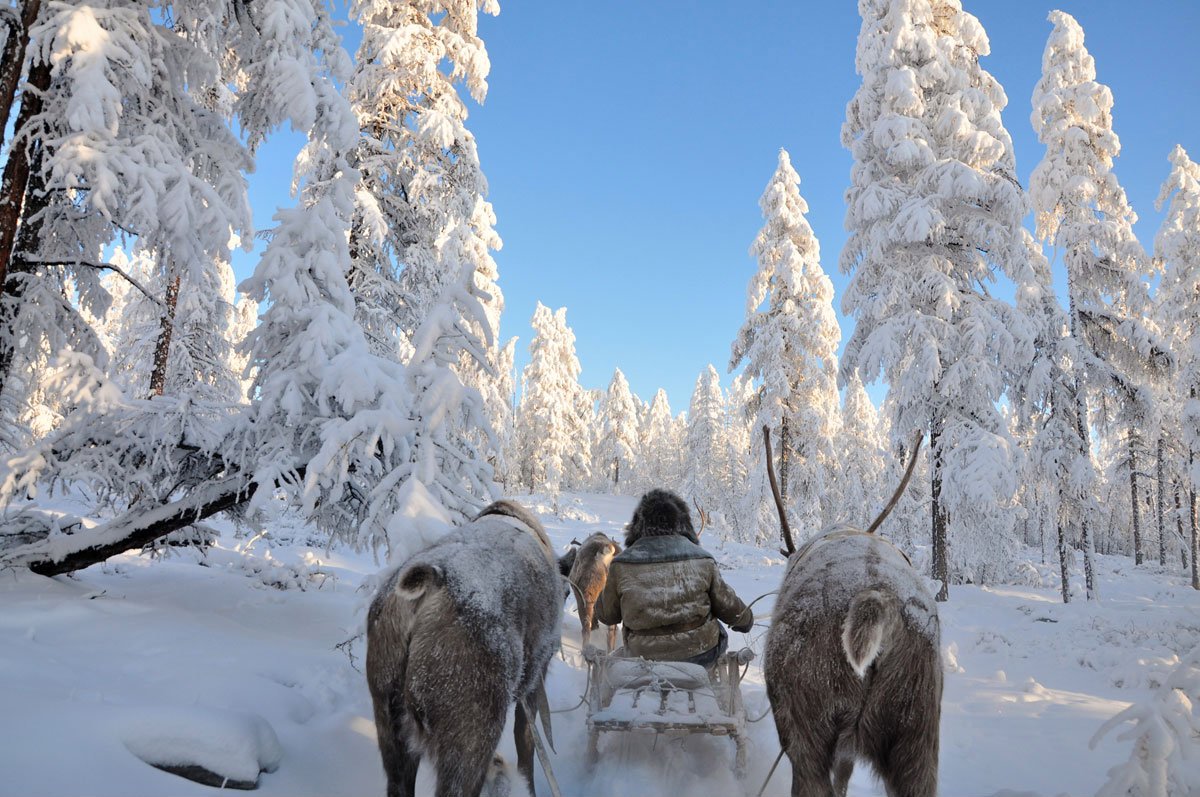
The Turkic Sakha people first came from other parts of Siberia in the 13th century and subsisted as nomadic reindeer herders. Later, people came in search of diamonds. Alrosa is based here and the company produces around 20% of the world’s rough diamonds. It offers salaries that are high enough to compensate for the harsh environment its workforce need to endure to work there. It also covers their petrol costs; some leave their car engine running while they’re at work to ensure they’re able to drive home.
But the workers are made from tough stock: even children don’t get a day off school unless the temperature dips below -55°C. Suitable clothing is a must. There’s no point in layering up with thermals and wind proof ski gear: here they wear fur coats and valenki, cosy boots made from reindeer hides. This is the kind of place where principles might give you frostbite.
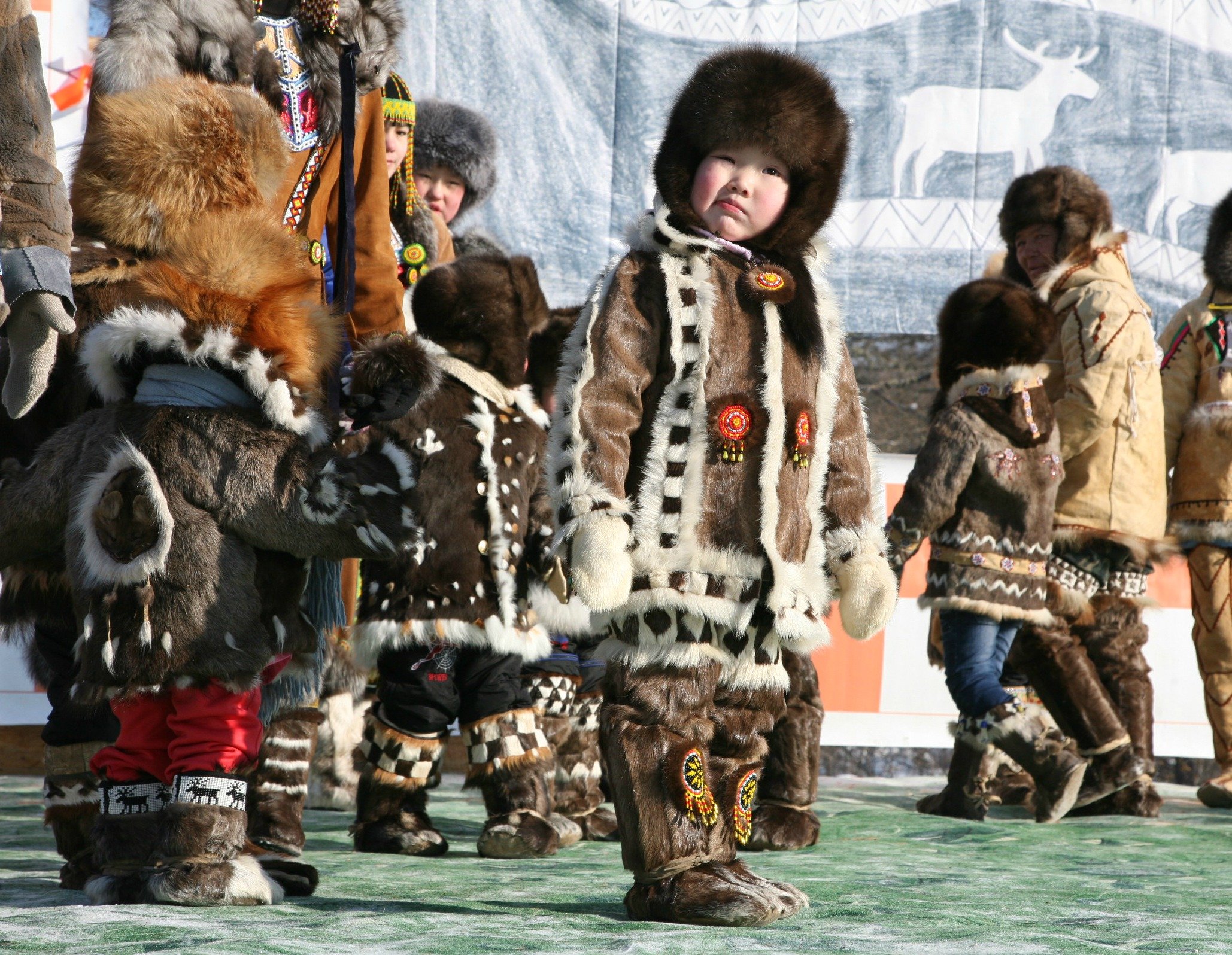
Yakutsk today still retains its role as a port on the River Lena. In summer, it’s not uncommon for the mercury to rise to 30°C or more, perfect for exploring the region’s many lakes and rivers. The city has plenty to occupy the visitor, including an opera house and even a zoo, plus boat trips along the Lena. You can feast on reindeer meat, river fish and even horse. There’s a summer solstice festival showcasing Yakut rituals, music and dancing as well as horse races and sporting competitions.
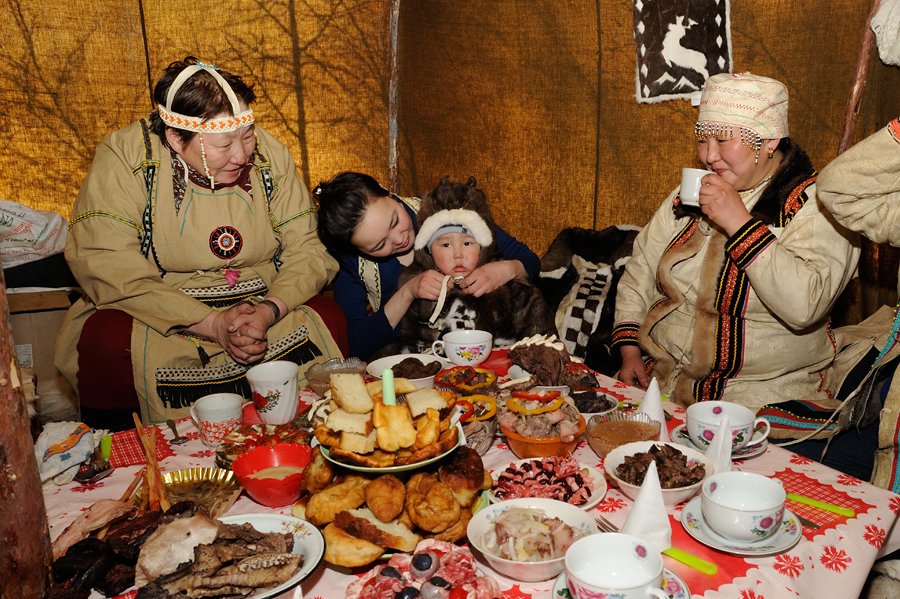
But if you’re going to come all this way, then you’ve really got to brace yourself and see how you fare against the meteorological onslaught of a Siberian winter.
